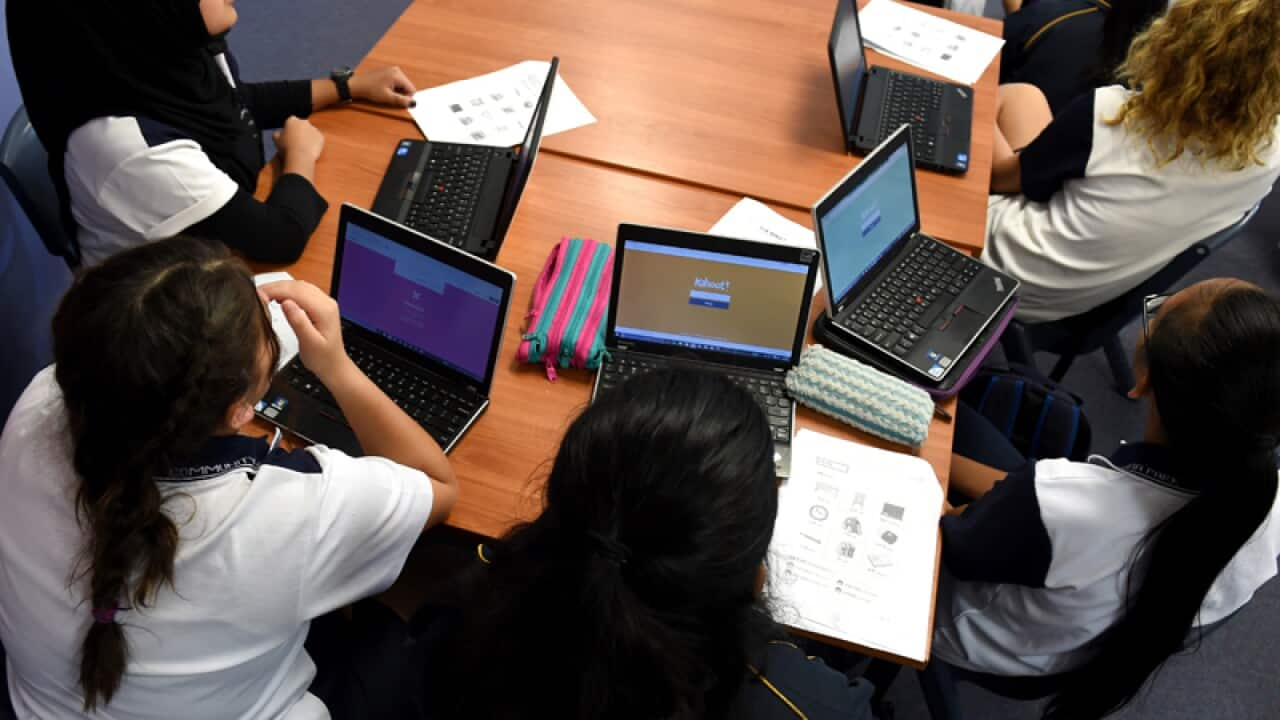The Turnbull government will be seeking to garner crossbench support for its so-called Gonski 2.0 schools funding when parliament sits this week, its final gathering before the long winter break.
Education Minister Simon Birmingham has warned some of the country's wealthiest schools will receive more than $1.6 billion extra under existing Labor funding rules should parliament reject the government's new funding model.
"We want to invest $18.6 billion more into some of the most neediest schools around Australia to make sure that everyone gets treated consistently and according to need," Senator Birmingham told ABC radio on Sunday.
But Labor education spokeswoman Tanya Plibersek says under the government's model more than half of the funding goes to private schools.
"That's despite the fact private schools only account for around 30 per cent of the nation's schools, she said in a statement.
She said under Labor's plan 80 per cent of the extra money would go to public schools because these are the schools that teach the vast majority of Australia's poorest children, indigenous kids and children with a disability.
With the main parties at loggerheads over the deal, the government will be leaning on the Senate crossbench to pass the funding.
Liberal Democrat senator David Leyonhjelm said he is still talking to the government about what he described as a "fairly rough and ready model" but believes it is better than the present status quo with its state-to-state funding that doesn't add up.
"It is an absolute dog's breakfast," he told ABC television on Sunday.
But he doesn't like locking in 3.7 per cent funding growth over the next decade irrespective of inflation.
"It is basically throwing more money - irrespective of productivity, irrespective of inflation," he said.
"You know, we can't afford that. We have a $500 billion debt, we have a deficit of nearly $40 billion. We have to make sure we are getting value for money."













